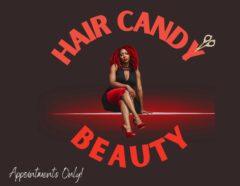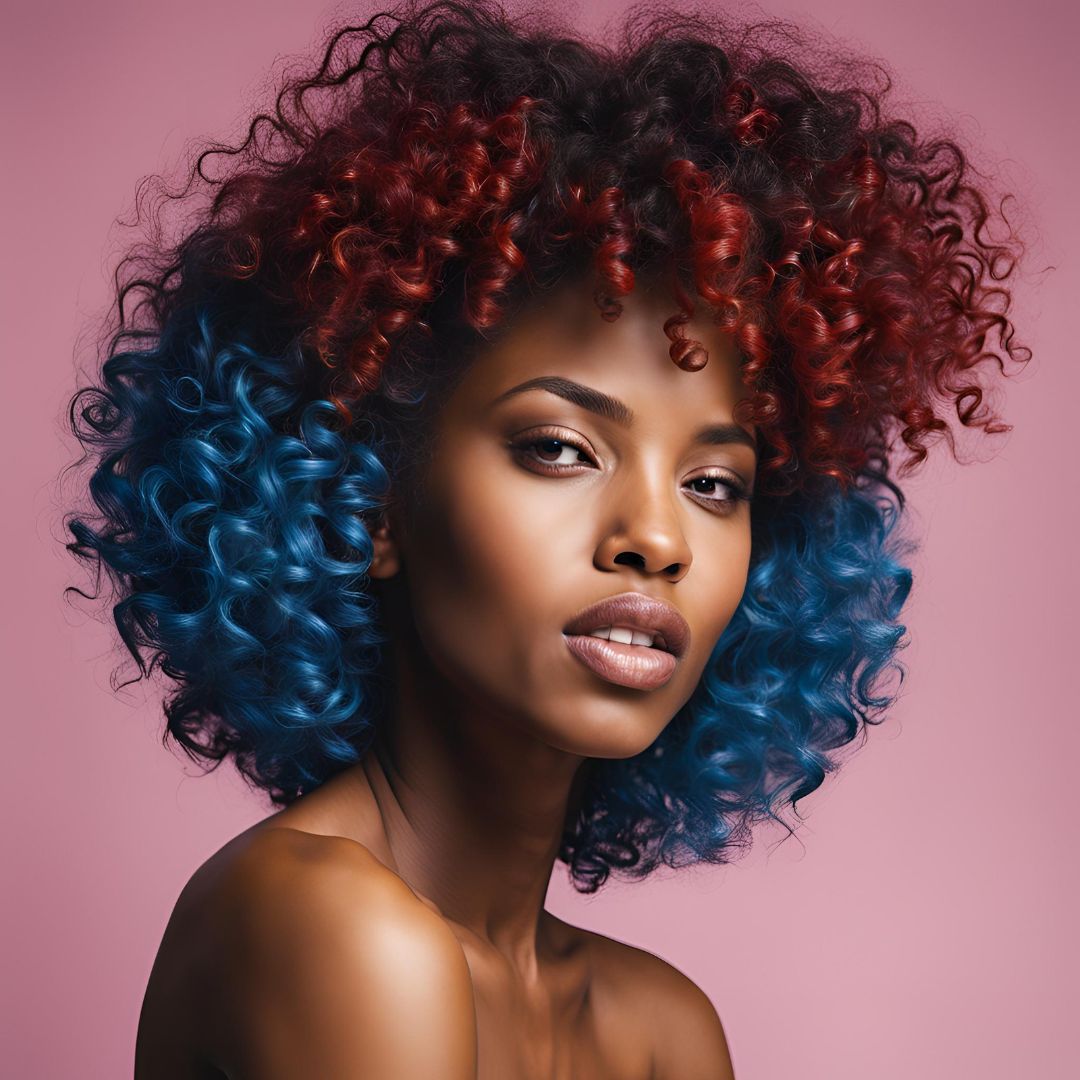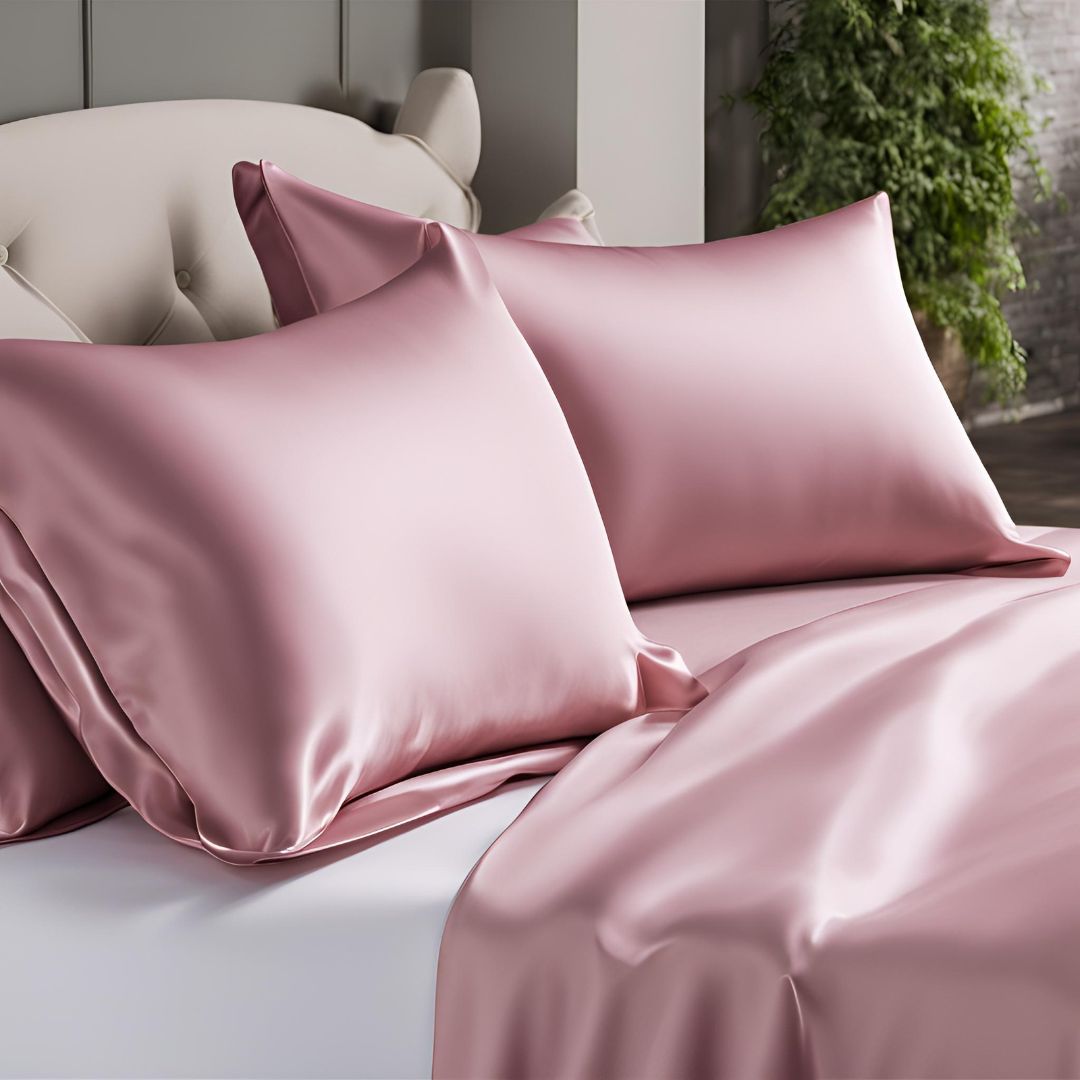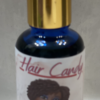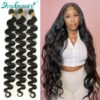Ever found yourself scratching your head, feeling embarrassed by white flakes on your shoulders? You’re not alone. Almost half of the world’s population will get dandruff at some point. It’s not serious, but it can be itchy and annoying.
But there’s good news. Many solutions can help manage dandruff and keep your scalp healthy.
There are many ways to fight dandruff. You can try medicated shampoos or natural treatments. No matter if you have a dry or oily scalp, or if you’re dealing with seborrheic dermatitis, the right products and habits can help a lot.
In this article, we’ll look at what causes dandruff. We’ll also talk about the best treatments, both over-the-counter and prescription. Plus, we’ll share tips for a flake-free scalp.
Understanding Dandruff and Scalp Problems
Dandruff is a common scalp condition that affects about half of all adults worldwide. It’s a mild form of seborrheic dermatitis, causing the scalp skin to flake off. Symptoms often start around puberty and are more common in males. People with oilier hair or certain illnesses, like HIV, are at higher risk.
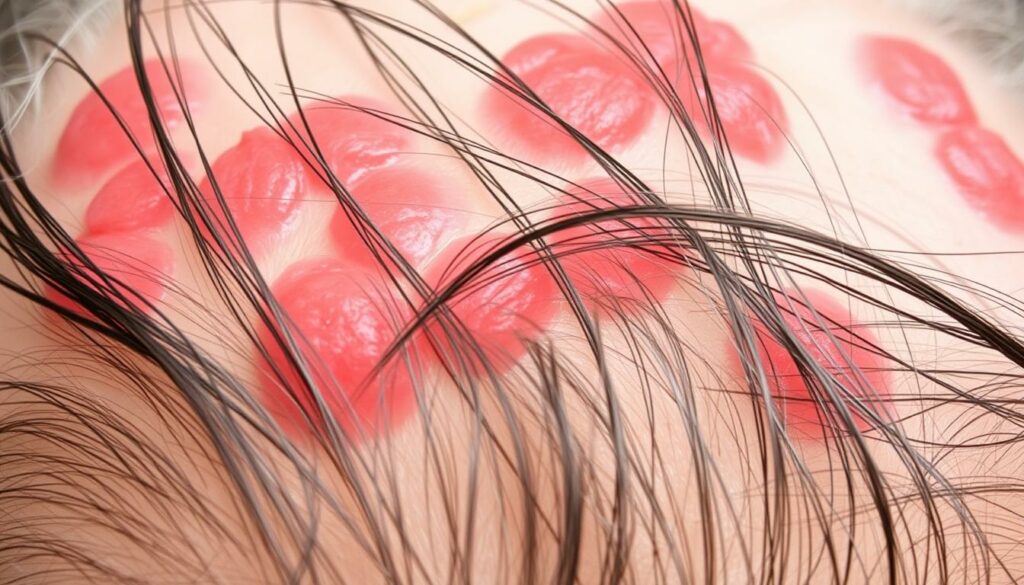
Common Causes of Dandruff
Several factors can lead to dandruff, including:
- Malassezia yeast overgrowth on the scalp
- Oily scalp and hair
- Dry scalp
- Sensitivity to hair care products
- Certain skin conditions, such as psoriasis or eczema
- Hormonal changes
- Stress and weakened immune system
Knowing what causes your dandruff helps you pick the best treatment.
Symptoms of Dandruff and Scalp Issues
The main symptoms of dandruff and scalp problems are:
- White or yellowish flakes on the scalp and hair
- Itchy scalp
- Scalp irritation and redness
- Oily or dry patches on the scalp
- Scaly or crusty skin on the scalp
If symptoms don’t go away or get worse, see a dermatologist. They can check for other skin issues and help find the right treatment.
Diagnosing Dandruff and Scalp Conditions
Doctors can often spot dandruff by looking at your hair and scalp. They check if you have too much oil, dry skin, or both. This helps figure out what kind of dandruff you have.
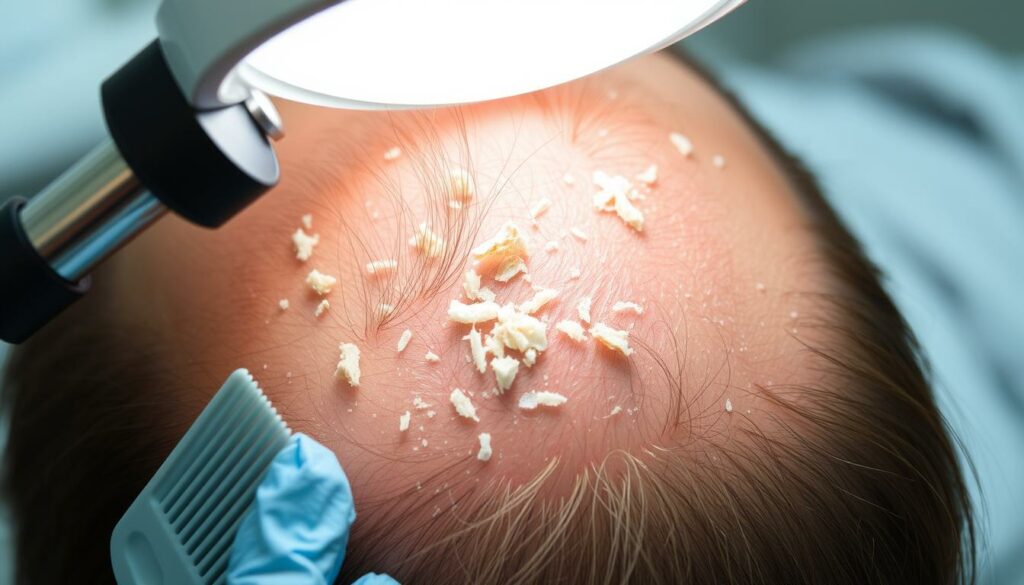
The American Academy of Dermatology says dandruff is linked to oily skin and hair. It’s also seen in people with acne or psoriasis. A dermatologist can check for these conditions and find the right treatment.
While dandruff’s itching and flaking can be managed, sometimes it doesn’t go away. If your dandruff keeps coming back, see a dermatologist. They can find out why your scalp is still troubled.
Your dermatologist will ask about your health, hair care, and diet changes. They might do tests like skin scrapings or biopsies. This helps rule out other scalp problems like psoriasis or fungal infections.
With a detailed diagnosis, your doctor can create a treatment plan just for you. This plan aims to clear your scalp and keep it healthy.
Over-the-Counter Dandruff Treatments
Over-the-counter (OTC) treatments are often the first choice for dandruff. These products, especially medicated shampoos, target the causes of dandruff. They help with itching, flaking, and scalp irritation.
Medicated Shampoos for Dandruff Control
Medicated shampoos are the most common OTC dandruff treatments. They clean your scalp and hair while fighting dandruff. Shampoos like Nizoral Anti-Dandruff Shampoo and Head & Shoulders Clinical Strength Dandruff Defense Shampoo are popular. They get good reviews for reducing dandruff flaking.

Active Ingredients in Anti-Dandruff Products
The success of OTC dandruff treatments comes from their active ingredients. Top dandruff shampoos often include:
- Pyrithione zinc: Found in shampoos like Jupiter Balancing Shampoo, pyrithione zinc fights itchiness and is safe for sensitive scalps.
- Selenium sulfide: In products like Head & Shoulders Clinical Strength Dandruff Defense Shampoo, it controls yeast growth and reduces inflammation.
- Salicylic acid: Shampoos with salicylic acid, like Neutrogena T/Sal Therapeutic Shampoo, treat seborrheic dermatitis and psoriasis by removing dead skin cells.
- Ketoconazole: Found in Nizoral Anti-Dandruff Shampoo, it reduces fungal growth linked to dandruff.
- Coal tar: Though less common, coal tar shampoos slow down skin cell growth and shedding, reducing flaking.
Choosing the Right Dandruff Shampoo for Your Hair Type
Choosing the right dandruff shampoo depends on your hair and scalp. For color-treated hair, try sulfate-free shampoos like Biolage Scalp Sync Anti-Dandruff Shampoo. For sensitive scalps, fragrance-free shampoos like Vanicream Dandruff Shampoo are best. Always follow instructions and switch between different ingredients to avoid resistance.
With many OTC dandruff treatments available, you can find a solution for your dandruff. This will help you achieve a healthier, flake-free scalp.
Prescription Treatments for Severe Dandruff Cases
If you’re dealing with severe dandruff that’s not getting better with over-the-counter products, it’s time to think about prescription treatments. Many dandruff cases can be managed with prescription shampoos, as recommended by doctors. These shampoos are made to fight stubborn dandruff and ease symptoms like itching and flaking.
Your dermatologist might suggest a corticosteroid shampoo or lotion, like fluocinolone. Corticosteroids help by reducing inflammation and itching. This helps control severe dandruff symptoms. How often you use the shampoo depends on how bad your dandruff is and how you react to the treatment.
Corticosteroid Shampoos and Lotions
Fluocinolone shampoo is a common prescription for severe dandruff. It has a strong corticosteroid that fights inflammation, itching, and flaking. Following your dermatologist’s advice, you can see big improvements in your dandruff and have a healthier scalp.
Antifungal Medications for Stubborn Dandruff
Severe dandruff can be caused by a yeast-like fungus called Malassezia. Your doctor might give you an antifungal to control this fungus. Medications like ketoconazole kill the fungus, easing itching, flaking, and irritation.
If over-the-counter treatments haven’t worked for you, see a healthcare professional. They can figure out the best treatment for you, which could be a prescription shampoo, an antifungal, or both. With the right treatment, you can manage your severe dandruff and have a healthier scalp.
Natural Remedies for Dandruff Relief
Looking for natural ways to fight dandruff? There are several options that can help. These natural ingredients can be added to your hair care routine. They can help reduce dandruff and improve scalp health.
Tea Tree Oil for Scalp Health
Tea tree oil is great for fighting dandruff. It has anti-microbial and anti-inflammatory properties. A 2017 review found it can control bacteria that causes dandruff.
Adding a few drops of tea tree oil to your shampoo can help. Or, apply a diluted solution directly to your scalp. This can reduce itching and flaking.
Apple Cider Vinegar Rinses
Apple cider vinegar can balance your scalp’s pH levels. This helps prevent dandruff. Mix apple cider vinegar with water in a 1:4 ratio.
Use it as a post-shampoo rinse. Let it sit on your scalp for a few minutes before rinsing. Doing this regularly can keep your scalp healthy.
Coconut Oil Scalp Treatments
Coconut oil is good for a dry scalp. It reduces irritation and prevents fungal growth. Studies suggest it may help with atopic dermatitis and improve scalp health.
Massage a small amount of coconut oil into your scalp. Leave it on for 30 minutes to an hour before shampooing. This treatment can nourish your scalp and fight dandruff.
Aloe Vera Gel for Soothing Irritated Scalps
Aloe vera gel is effective against dandruff and itchy scalps. It has anti-fungal and anti-microbial properties. A 2019 review found it can improve skin moisture and reduce inflammation.
Apply pure aloe vera gel to your scalp. Leave it on for 15-20 minutes, then rinse. This treatment can soothe irritation and reduce dandruff symptoms.
While these natural remedies are promising, results may vary. If your dandruff doesn’t improve, see a dermatologist. They can find the cause and suggest the best treatment.
Lifestyle Changes to Manage Dandruff
Using anti-dandruff treatments can help control flaking and itching. But, making lifestyle changes can also support scalp health. By reducing stress and changing your diet, you can fight dandruff and keep your scalp healthy.
Stress Reduction Techniques
Stress makes dandruff worse. So, managing stress is key to treating dandruff. Try meditation, yoga, or deep breathing to lower stress. Reading, taking warm baths, or hobbies can also help.
Dietary Modifications for Scalp Health
Your diet affects your scalp’s health and dandruff. Eating foods rich in zinc, B vitamins, and omega-3 fatty acids helps. Include fatty fish, nuts, seeds, and leafy greens in your meals.
Also, cut down on refined carbs, processed foods, and sugary drinks. They can cause inflammation and help dandruff grow. A healthy diet helps fight dandruff from the inside.
By changing your lifestyle and using the right products, you can manage dandruff. This includes using medicated shampoos or natural remedies like tea tree oil or apple cider vinegar.
Hair Care Routines for Dandruff-Prone Scalps
Creating a hair care routine that fits your scalp type is crucial for fighting dandruff. By using soft methods and the right products, you can keep your scalp healthy and flake-free.
Gentle Scalp Massage Techniques
Massaging your scalp while shampooing can help get rid of flakes and improve blood flow. Use your fingertips to apply gentle pressure and move in circular motions. This scalp massage is not only soothing but also helps distribute shampoo and remove dead skin cells.
Proper Shampooing and Conditioning Methods
How often you shampoo depends on your scalp type. If your scalp is oily, shampooing daily can help control oil. But if it’s dry or sensitive, shampooing two to three times a week is better to keep natural oils.
When using anti-dandruff shampoo, let it sit on your scalp for a few minutes before rinsing. This lets the ingredients fight off fungi and bacteria that cause dandruff.
After shampooing, use a moisturizing conditioner to hydrate your hair and scalp. Apply the conditioner to your hair’s length, not the scalp, to avoid making dandruff worse.
Consistency is important in managing dandruff. Stick to your routine and use anti-dandruff products as directed for the best results and a healthy scalp.
When to See a Dermatologist for Dandruff
Dandruff is common, affecting 1 in 2 people at some point. But, sometimes you need to see a dermatologist. If over-the-counter shampoos and lifestyle changes don’t work, it’s time to get professional help. A dermatologist can find the cause and suggest the best treatment.
Signs of Severe or Persistent Dandruff
Severe dandruff has thick, oily scales and redness. It also causes intense itching. If your dandruff doesn’t get better with regular products, see a doctor. About 60% of severe dandruff cases need a dermatologist’s help.
Severe dandruff might be a sign of seborrheic dermatitis, affecting 1 in 3 people. This condition causes more itching and inflammation. Factors like weather, stress, and diet can trigger it. Dermatologists can treat it well, with 85% of patients seeing big improvements.
Ruling Out Underlying Skin Conditions
Seeing a dermatologist is key to rule out other skin conditions like scalp psoriasis. Scalp psoriasis is less common but needs different treatment. A dermatologist can diagnose and treat it correctly.
What looks like severe dandruff might be a scalp infection or an allergic reaction. Up to 5% of dandruff cases are misdiagnosed. Getting a dermatologist’s opinion ensures you get the right treatment, protecting your scalp and hair.
Preventing Dandruff Recurrence
After treating dandruff, it’s important to prevent it from coming back. Use anti-dandruff shampoos with zinc pyrithione, selenium sulfide, or ketoconazole. Switching between different shampoos helps avoid resistance and keeps your scalp healthy.
Maintaining a Healthy Scalp Care Routine
Using the right hair products is just the start. A good scalp care routine is key. Wash your hair and scalp with gentle formulas to remove oil and dead skin. Scalp massages improve blood flow and health.
Eating a balanced diet with zinc, vitamin B, and omega-3 fatty acids is also important. Drinking water keeps your scalp moist and prevents dandruff.
Avoiding Triggers and Irritants
Identify and avoid things that can trigger dandruff. Stress can make dandruff worse, so manage it with exercise, meditation, and sleep. Too much sun can dry out your scalp, so protect it with hats or UV-protective products.
Change your pillowcases often and wash hair tools to avoid oil and skin buildup. By following these tips for preventing hair breakage, you can keep your scalp healthy and dandruff-free.
FAQ
What are the most common causes of dandruff?
Dandruff can be caused by dry skin, seborrheic dermatitis, or sensitivity to hair products. It can also be due to Malassezia yeast growth on the scalp.
How can I tell if I have dandruff or another scalp condition?
Signs of dandruff include itching, flaking, redness, and irritation. If your dandruff doesn’t get better with over-the-counter treatments, see a dermatologist. They can check for other skin issues.
What are the best over-the-counter dandruff shampoos?
Look for shampoos with pyrithione zinc, selenium sulfide, salicylic acid, ketoconazole, or coal tar. Pick one that suits your hair type and follow the instructions carefully.
When should I consider prescription treatments for dandruff?
If over-the-counter treatments don’t work after a few weeks, talk to a healthcare professional. They can suggest stronger shampoos or medications.
Are there any natural remedies that can help with dandruff?
Yes, tea tree oil, apple cider vinegar, coconut oil, and aloe vera gel might help. But more research is needed to confirm their effectiveness.
Can lifestyle changes help manage dandruff?
Yes, reducing stress, eating zinc, B vitamins, and omega-3 fatty acids can help. Also, limit refined carbs and sugary drinks for better scalp health.
How often should I shampoo if I have a dandruff-prone scalp?
If you have an oily scalp, shampoo daily. For dry or sensitive scalps, shampoo less and use a moisturizing conditioner. Be gentle and avoid harsh scrubbing.
What are the signs that I should see a dermatologist for my dandruff?
See a dermatologist if your dandruff doesn’t get better with treatments and lifestyle changes. Look out for thick, oily scales, red skin, and intense itching.
How can I prevent dandruff from coming back?
Keep your scalp care routine healthy, use dandruff shampoo regularly, and avoid triggers. Also, protect your scalp from too much sun.
Can scalp massages help with dandruff prevention?
Yes, scalp massages while shampooing can loosen flakes and improve blood flow. This can help keep your scalp healthy and prevent dandruff.
